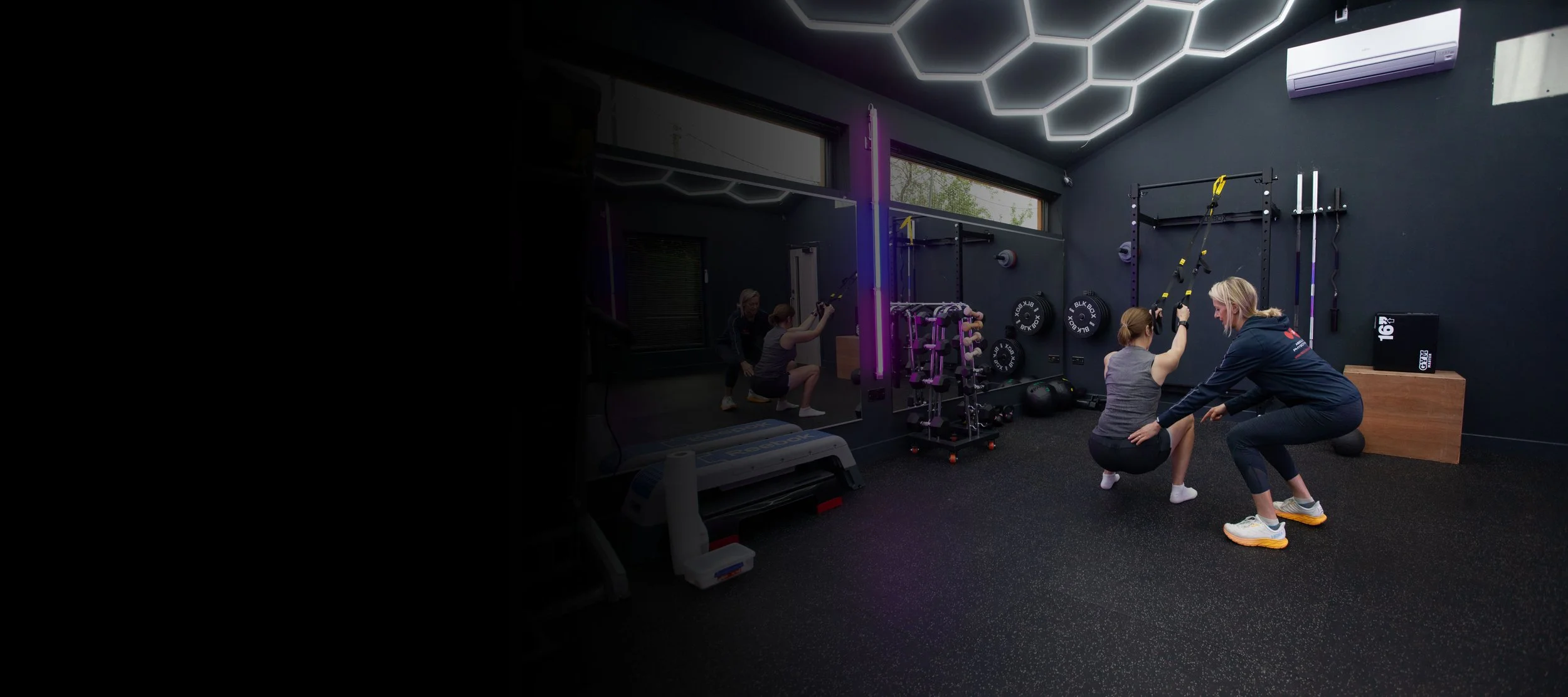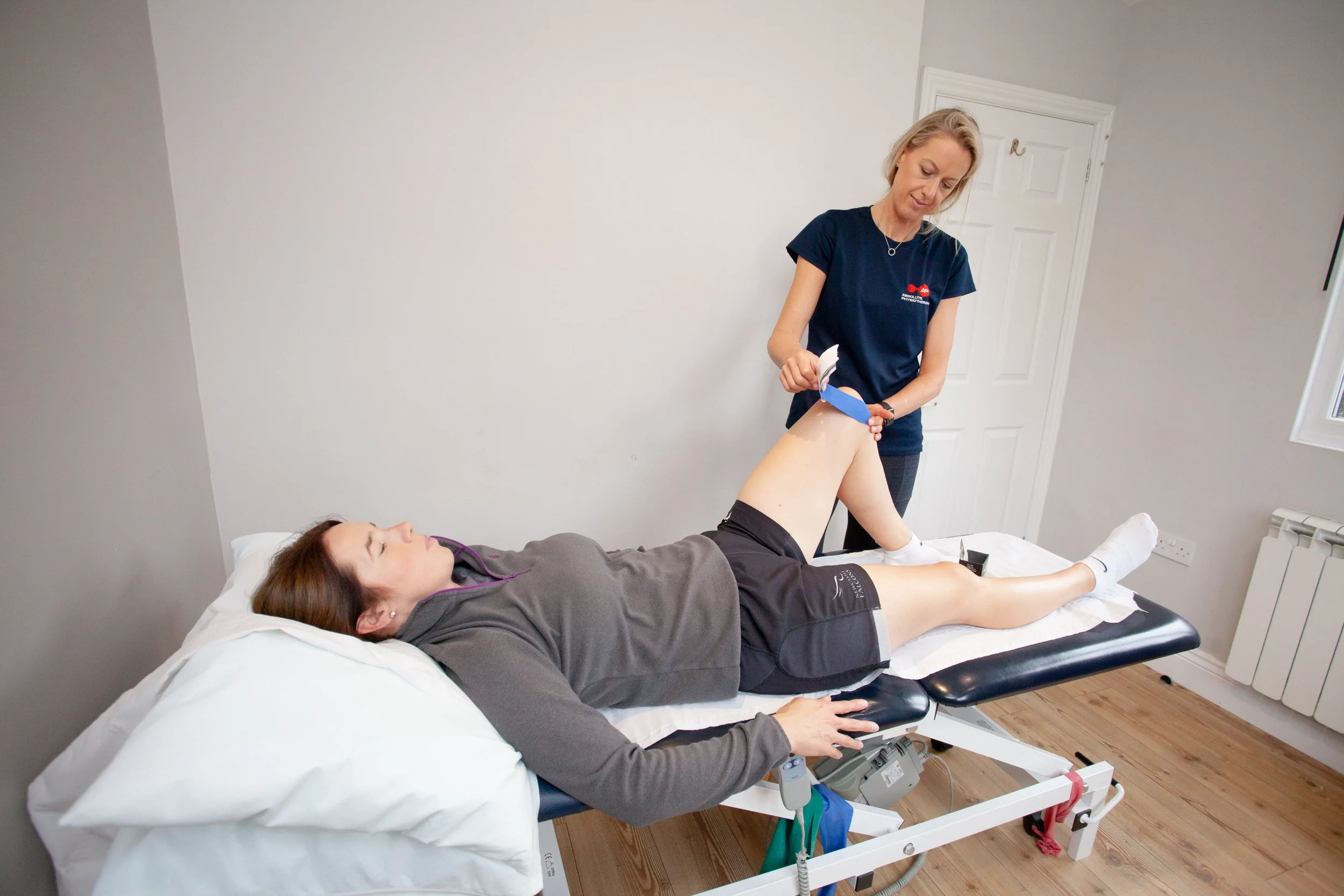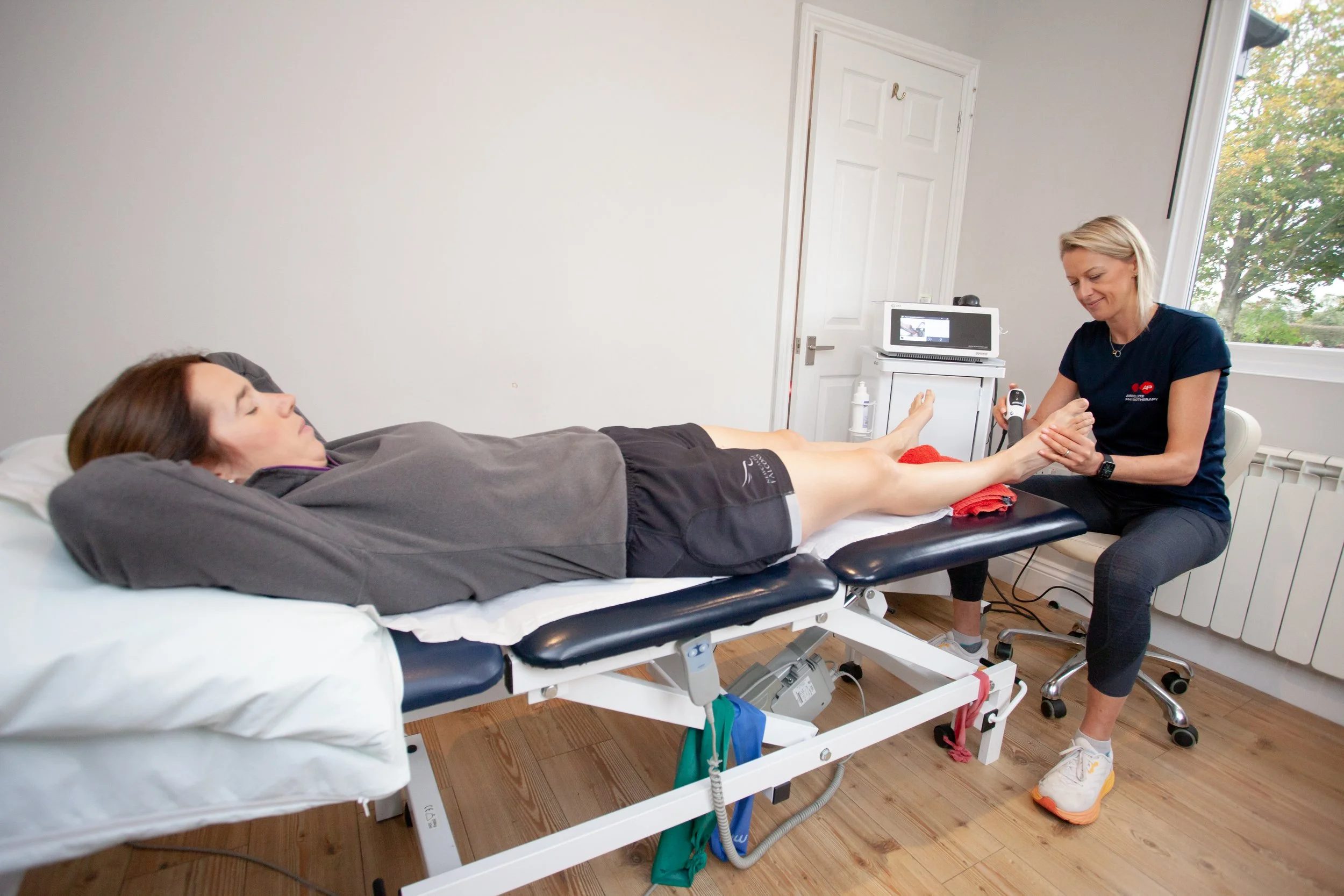
Ultrasound Scanning
Diagnostic ultrasound has become more commonly used by physiotherapists to help aid diagnosis, ascertain why conditions aren’t improving and monitor healing. At Absolute Physio we have a musculoskeletal (MSK) specialist who is also qualified as a Ultrasonographer. This is the use of ultrasound to view the soft tissues in more depth and make a diagnosis with more clarity.
There are many reasons for the increased use of diagnostic ultrasound by physiotherapists. These include:
Improved technology and image quality (for many conditions it is equal to MRI in diagnostic accuracy)
Patient safety (non-invasive, no radiation, painless procedure)
Results immediately available which can be considered alongside your physical assessment
Dynamic scanning (scanning whilst patient performs movement) and comparison with the asymptomatic side
Sequential assessment of healing, e.g. muscle tear
Ultrasound guided procedures e.g. steroid, hyaluronic acid or combined injections
Cost effective. Ultrasound is less expensive than most alternative forms of imaging.
What conditions can diagnostic ultrasound help identify?
Shoulder - rotator cuff tendinopathy and bursitis
Foot and ankle - ligament injury, tendinopathy, bursitis, Morton’s neuroma, plantar fasciitis
Knee - patella tendinopathy, quadriceps tendinopathy, osteoarthritis, bursitis, joint effusions, Baker’s/popliteal cyst, hamstring injuries
Elbow - tennis elbow, golfer’s elbow, biceps injuries
Wrist and hand - carpal tunnel, tendinopathy
Hip Pain - Arthritis, osteoarthritis, greater trochanter pain syndrome, ischial bursitis, snapping hip, joint swelling, tendon tear and tendinopathy.


















